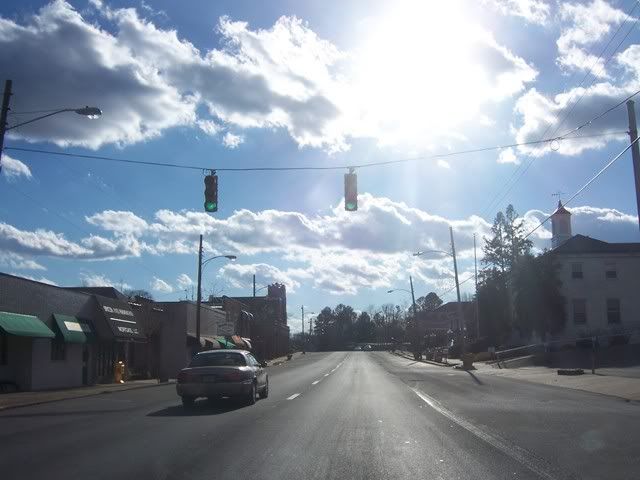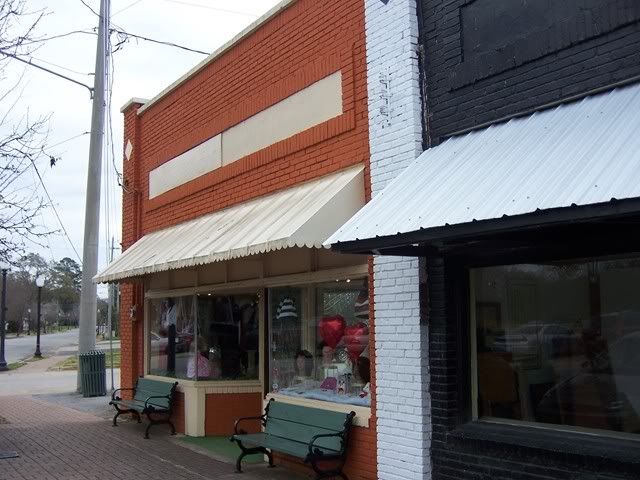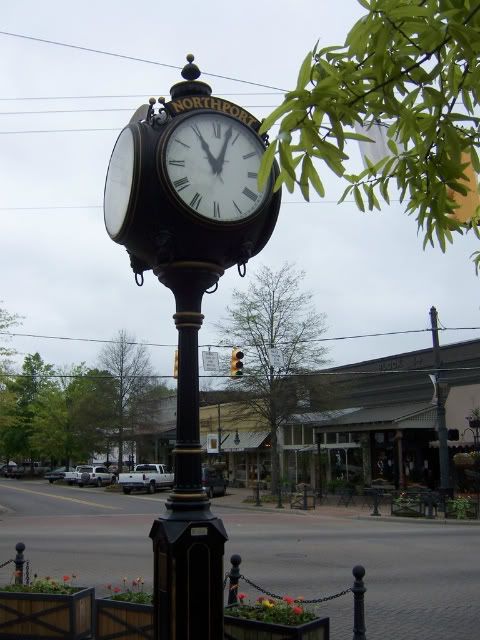
At one point Northport was called Kentuck. I've heard a couple of reasons for this. One, because of the abundance of cane along the banks of the Black Warrior River, the body of water that separates Northport from Tuscaloosa. The second explanation for the name Kentuck is a bit longer. It goes like this.
Before Northport was incorporated, or even a community, someone got the bright idea to build a saloon on the banks of the Black Warrior, just across from Tuscaloosa (back when Tuscaloosa was spelled with a "k," Tuskaloosa, named after the Indian chief. Tuskaloosa means "black warrior. Confused?). This was long before the Oliver Lock & Dam, of course, and the Black Warrior River was a shallow river. So shallow, in fact, that boats could only get through during the spring and summer months. So, if someone in Tuskaloosa wanted a drink, it was no problem to row or wade across the river.
At that time the wildest, craziest, and downright weirdest place in the whole country was Kentucky. Apparently, the phrase "raisin' cane," refers to the wild-eyed Kentuckians.
So, we have Tuscaloosa, a shallow river, and a saloon on the banks of the far shore. You can start out with a saloon on a vacant lot, but pretty soon you'll end up with a community, and I guarantee that it will be a colorful community. So, people began calling the place "little Kentuck," because everyone was out a little tight.
I guess they called it Kentuck until someone down the way thought it would be a good idea to appeal to a different sort of tourist, and since it was the north port, they thought, "what the hay."
Is that story true? Beats me, I'm just the messenger. What I'm getting at is this. The name Kentuck still lingers around Northport. Each year we have a Kentuck Festival of the Arts, which is a pretty amazing event. We are lucky enough to have an art center named The Kentuck Center on the corner of 5th st. and Main Ave. The Kentuck center houses a gallery space on the bottom floor and artists studios above and in the surrounding space. The first Thursday of each month is "art night," the night that stores are all open longer and the galleys have new shows.
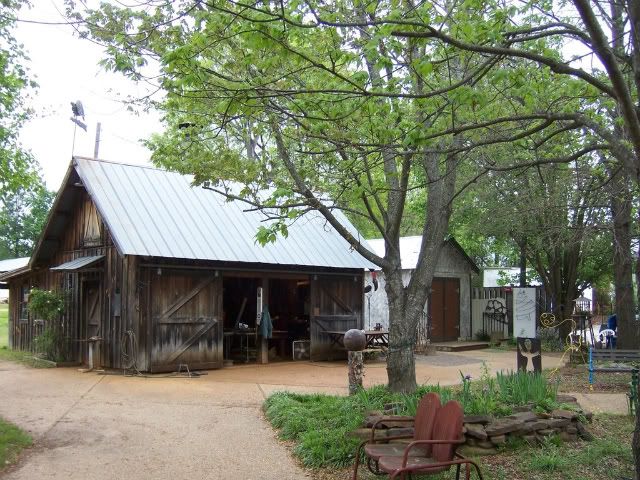 Sometimes bands play in the courtyard of the Kentuck Center and there's always wine and snacks. Snow's Bend Farm, our local co-op, usually has a table in front of the Kentuck Center during the Summer months, so you can get good, fresh veggies, too. It's a lot of fun, and I enjoy going, but I take it for granted, also.
Sometimes bands play in the courtyard of the Kentuck Center and there's always wine and snacks. Snow's Bend Farm, our local co-op, usually has a table in front of the Kentuck Center during the Summer months, so you can get good, fresh veggies, too. It's a lot of fun, and I enjoy going, but I take it for granted, also.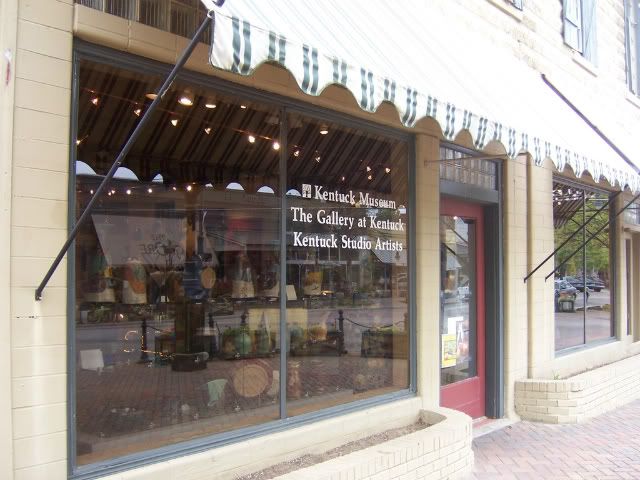
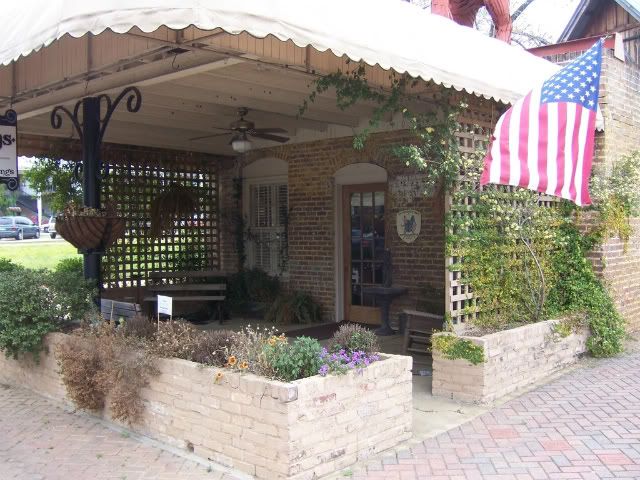 One night, when I was somewhere between the ages of 11 and 13, I heard music coming from the Kentuck Center courtyard. Nothing unusual. I don't know if it was art night, or a private party in the courtyard, but I heard this great music from downtown Northport. Curious, I walked down to the Kentuck Center. I entered the courtyard area and quietly listened to some of the most powerful music I had ever heard, the music hinted to me that the world was much bigger and deeper that I had ever imagined.
One night, when I was somewhere between the ages of 11 and 13, I heard music coming from the Kentuck Center courtyard. Nothing unusual. I don't know if it was art night, or a private party in the courtyard, but I heard this great music from downtown Northport. Curious, I walked down to the Kentuck Center. I entered the courtyard area and quietly listened to some of the most powerful music I had ever heard, the music hinted to me that the world was much bigger and deeper that I had ever imagined.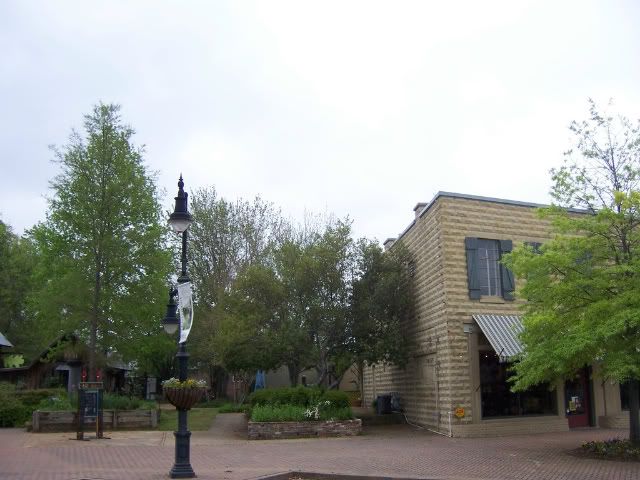
The band that I saw perform that night was Johnny Shines and the Kokomo Blues Band. It really didn't mean much to me then.
I got to see Johnny Shines perform about a handful of times before his death, even though he made Tuscaloosa his home and he lived about 10 more years, give or take, from the first time I saw him perform.
I know that I passed up many opportunities to see him perform, but like downtown Northport's art night, I took him for granted. Back then I thought that opportunities stretched out like highways and that people lived forever.
But, I'm fortunate to have seen, and understood the importance of seeing, possibly the last musician of his kind. He was the link between Robert Johnson, who he played with, and the dawning of the newer electric blues.
Not long before he died, he released a cd with Snooky Pryor. Johnny suffered a few strokes by then, and I don't think that he played any guitar on the cd, but his voice was as sweet as honey and as earthy as red clay. The first track on the cd is my favorite version of "Trouble in Mind."
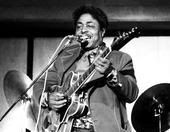
Recently I was asked by the Alabama Blues Project to help with some research, living history, etc. I look forward to the adventure.
My first priority is the historic marker project. We will be designing and placing historic markers in honor of blues musicians throughout the state of Alabama. The first two markers will be Dinah Washington and Johnny Shines, how about that?
If anyone out there wants to contribute or help in any way, or if anyone knows of any interesting musicians, blues or otherwise, to be interviewed, feel free to contact me.
I hope this will be a rewarding adventure. I'll keep everyone posted.



